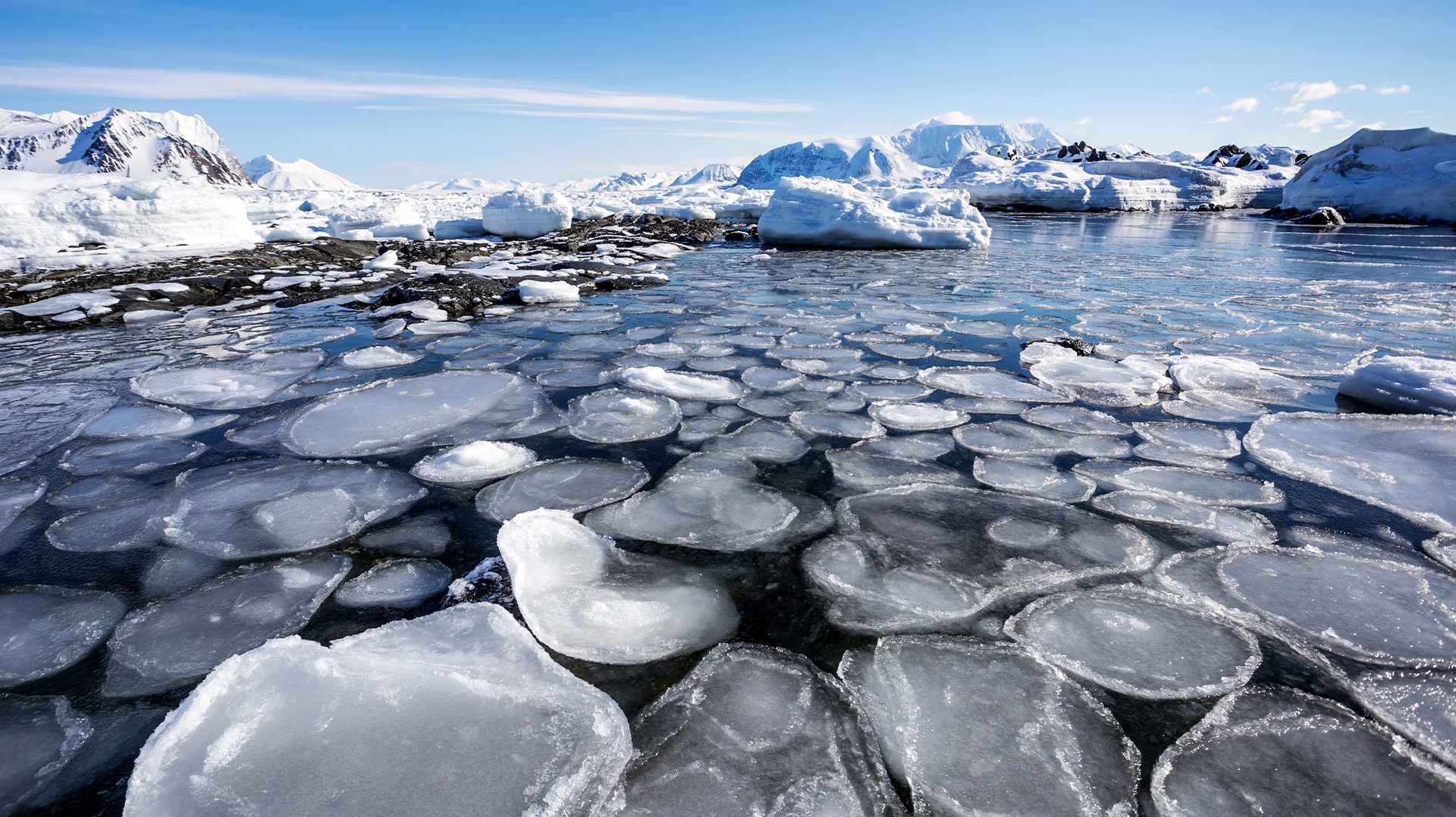A Much-Needed Reality Check on Canada’s Marine Protection Policy
In a move akin to deciding not to shoot ducks in a bird sanctuary, the Canadian government has announced it will prohibit oil and gas, mining, dumping and bottom trawling activities in marine protected areas (MPAs). In other words, it is pledging the most basic measures that should already be fundamental to every marine conservation area. And unbelievably, economic activities will still be permitted on a “case-by-case basis” in marine refuges.
While the Canadian government congratulates itself for coming closer to the UN goal of 10% ocean protection by 2020, it neglects how inadequate this tiny commitment is. Leading biologists say we must immediately protect half of our oceans and lands in order to prevent mass extinction. As the steward of the longest coastline in the world, Canada has a responsibility not just to lead by example, but to consider the global impact of its choices. The world’s oceans are interconnected, and what happens off a Canadian coast can alter life for people on the other side of the planet.
Overhyped announcements like last week’s only serve to distract Canadians from the sobering truth that we are facing an underreported global crisis. A pivotal ecosystem that requires protection on a vast scale—one that takes up most of our coastline and literally affects all life on the planet—is being left vulnerable. Our tax dollars are supporting politicians and bureaucrats to pay lip service to marine protection while enabling everything but.
Most people don’t realize that the Arctic Ocean is our world’s air conditioner. Its ice regulates global weather patterns responsible for giving us all the food and water we need to survive. But today it’s melting fast. Worse, some business interests are treating the newly open Arctic waters like open season—polluting the environment and damaging the ice that remains. Though the exploitation of the Arctic Ocean poses a tremendous threat to life on Earth, it is largely ignored in the news media. Canadians deserve to know the real story.
The power to change the course of history is literally in Canada’s backyard, and in the Prime Minister’s hands. Prime Minister Trudeau only needs to sign the Marine Arctic Peace Sanctuary (MAPS) Treaty. In so doing, he becomes part of declaring MAPS, the world’s largest preservation area, encompassing the entire Arctic Ocean above the Arctic Circle and stopping all forms of exploitation. This is the marine protection our world requires.
If Canadians knew the truth, they would demand change. The all-volunteer non-profit organization Parvati Foundation is committed to telling the truth. That’s why the organization is now finalizing an innovative global education strategy that harnesses the exponential power of modern media to bring the truth to the international stage—in Canadian music, words and more. Because Canada deserves better. Humanity deserves better. Our world deserves better. We don’t have to—and we must not—settle for superficial action at this critical time.
The truth matters. The truth is that we are all interconnected. There is no safe place on Earth if the vulnerable Arctic Ocean is exploited. The truth is that the MAPS Treaty has been sitting on Prime Minister Trudeau’s desk for three years. While he delays, other countries are well ahead of Canada on the need to protect this vital ecosystem. Two world leaders have already signed the MAPS Treaty. What is Prime Minister Trudeau waiting for?
Parvati Foundation founder and CEO Parvati says, “Initiative with heart is history’s scribe. Action through compassion is the way forward. It is up to each one of us individually and collectively to choose what history is going to look like. I ask the Prime Minister, which side of history will you be on?”
The time is now to create the marine protection our world needs with MAPS. And that will truly be worth celebrating.



















